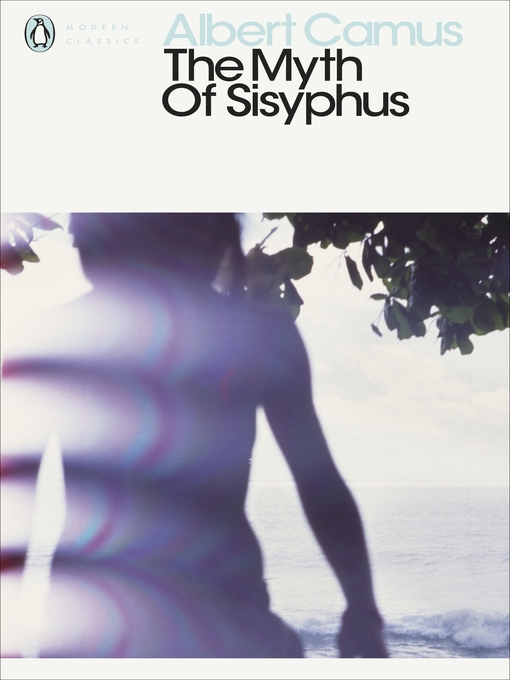In this profound and moving philosophical statement, Camus poses the fundamental question: If human existence has no meaning, is life worth living?
'What I touch, what resists me - that is what I understand'
As Camus argues, if there is no God to give meaning to our lives, humans must take on that purpose themselves. This is our 'absurd' task, like Sisyphus condemned forever to roll a rock up a hill. Written during the bleakest days of the Second World War, The Myth of Sisyphus argues for an acceptance of reality that encompasses revolt, passion and, above all, liberty, gained through an awareness of pure existence.
This volume contains several other essays, including lyrical evocations of the sunlit cities of Algiers and Oran, the settings of his great novels The Outsider and The Plague. The writings in this volume are all, in their own way, hymns to the physical world and the elemental pleasures of living.
Translated by Justin O'Brien
With an afterword by James Wood
- Barnabækur á íslensku
- Íslendingasögur
- Hljóðbækur á íslensku
- Spennusögur á íslensku
- Ástarsögur á íslensku
- Barna- og unglingabækur á íslensku
- Ungfó á íslensku
- Ævintýri á íslensku
- Bókabeitan
- Bækur á íslensku
- Sjá allt
- Hrollvekjandi rafbækur
- Léttmeti
- Fantasíur
- Vísindaskáldskapur
- Ævisögur og endurminningar
- Glæpasögur
- Ástarsögur og skvísubækur
- Handverksbækur
- Vinsælast
- Matreiðslubækur
- Myndabækur
- Myndasögur
- Myndlist
- Sjá allt
- Á meðan þú bíður...
- Hrollvekjandi hljóðbækur
- Léttmeti
- Vinsælast
- Hinsegin hljóðbækur
- Fantasíur - Hljóðbækur
- Glæpasögur - hljóðbækur
- Hljóðbækur í bílinn
- Ástarsögur og skvísubækur - Hljóðbækur
- Ævisögur og endurminningar - Hljóðbækur
- Vísindaskáldsögur
- Kósí hljóðbækur
- Sögur fyrir Svefninn
- Sjá allt
- Sögulegar skáldsögur
- Kósí fantasíur
- Kósí krimmar
- Furðusögur
- Barna- og unglingabækur
- Myndasögur
- Tungumálanámskeið
- Bækur á pólsku - książki po polsku
- Ljóð
- Dublin bókmenntaverðlaunin
- Booker-verðlaunin
- Nóbelsverðlaun
- Pulitzer verðlaunin
- Sjá allt

